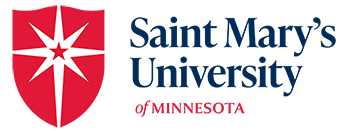There is a narrative from medieval times that describes the nature of the three chevrons on the sleeve of a doctoral robe. As legend has it, those three stripes stand for the three pillars of doctoral scholarship: academic curiosity, academic honesty, and academic courage. Whether or not this tale came from the hallowed halls of Oxford or not doesn’t really matter; what does matter is how we as scholars today support these pillars.
Academic curiosity means our minds are open, probing, and dynamically asking questions and seeking new perspectives of understanding. We show this in class by forming community, respecting the opinions of others, and engaging in critical dialogue without criticizing the character or humanity of another. We show this in our research through a disciplined and open approach, through a dedication to scholarly writing, and through a willingness to put theory to practice.
Academic honesty means a significant and holistic commitment to scholarship. We show this through our deep commitment to the rigorous coursework, comprehensive examination, and dissertation process. Being in attendance, with your whole self, not only benefits your scholarship, but the development of all those in your learning community. This is also shown through a significant attention to the practice of scholarship, both in the written and oral traditions. The integrity of your word — written, spoken, and practiced — is paramount.
Academic courage is displayed through the intention, attention, and dedication to ask hard questions, to work the data as it is, to report reality as it is experienced. We show this in class by not avoiding uncomfortable academic topics, or difficult conversations. As a Lasallian community of scholars and faculty, we care for the holistic development of all those in our cohort, and to the best of our ability we encourage and support their academic success.
By: Matthew Nowakowski, MBA, Ed.D., program director and core associate professor
